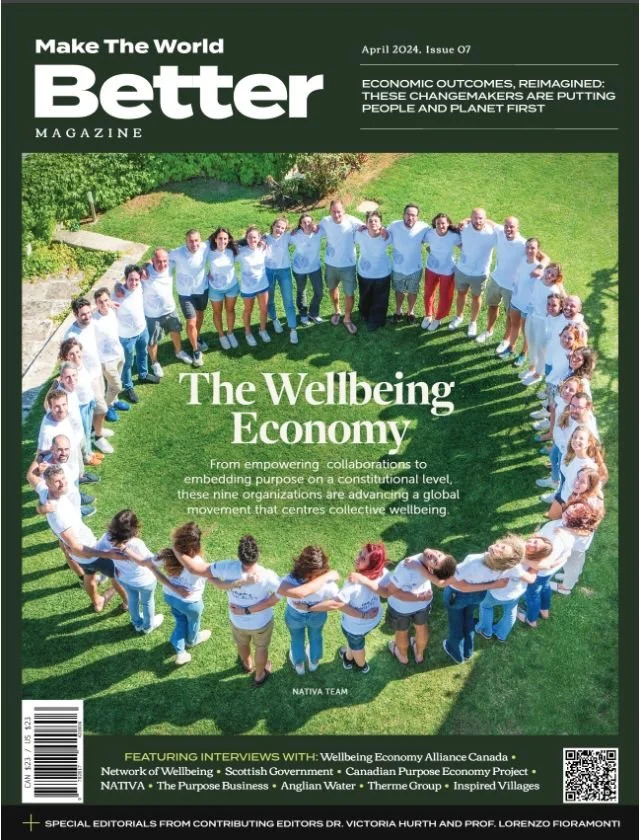'How Boards can keep up with climate action expectations'
This was the headline of a recent Financial Times opinion piece which argues that what was considered the gold standard in carbon management just a few years ago is now deemed simply standard operating procedure these days.
The writer opines that green policy is fast turning into the fast-fashion of business strategy, "constantly changing shape to keep up with the demands of regulators, investors, customers and employees". Indeed, the drivers for change faced by the companies we work with come from a range of sources, interacting in uneven and unpredictable ways.
The journalist offers guidance to Boards on potholes to avoid on the climate policy road. These are from a global perspective and here at The Purpose Business we wanted to take a regional look at some of those ideas.
1: A net zero 'set and forget' 2050 goal is no longer good enough.
The article talks about lofty ambition - all being well and good - but we mustn’t forget that setting targets is one thing and strategising the actual how is quite another. According to Net Zero Tracker, only a third of the largest companies who have committed themselves to net zero globally have actually implemented transparent low carbon transition plans.
In Asia, companies are lagging behind in even setting the targets - despite the urgency and impact of climate change being very real across the region. Earlier this year, a CDP report found that only 8% of Asia-Pacific companies are working towards net-zero emissions goals and less than one-third of responding companies had adopted science-based targets by the end of 2021. We applaud property developers and TPB clients such as Swire Properties and Hong Kong Land who have shown leadership by taking steps to mitigate climate change impacts through SBTi.
Indonesia’s cab hailing app Gojek committed to net zero by 2030 by shifting its entire fleet to electric vehicles and producing zero waste. Gojek is setting an ambitious standard in the industry. But it’s not alone. Grab is also racing to be the first of such apps in Southeast Asia to declare a decarbonisation target. An example of where healthy competition can help.
2: Seek collaboration.
The article argues that if companies, like Grab and Gojek, lobbied together for strong industry regulations this levelling of the playing field would be to everyone's advantage and allow companies to integrate climate positive policies without fearing the impact to their competitive advantage.
This has parallels to activity at the global level. The recently concluded G7 Summit included a pledge to create a 'Climate Club'. This is intended for nations who want to take more ambitious climate action, making protecting the environment a competitive advantage, not a disadvantage. Could there be an ASEAN climate club too?
In Asia there are regional pacesetters displaying climate leadership and an increasing number of companies signing up to climate targets, but the ‘how’ question remains.
Is there an Asian company that hits the 'gold standard' metric for you?




